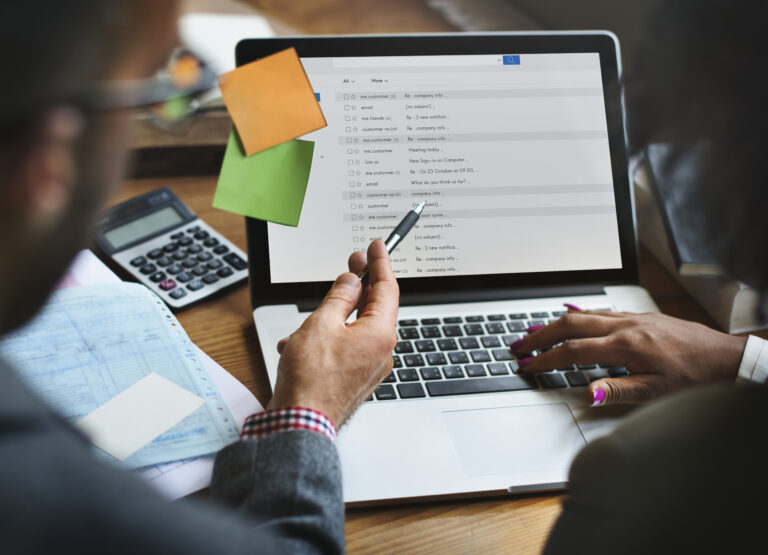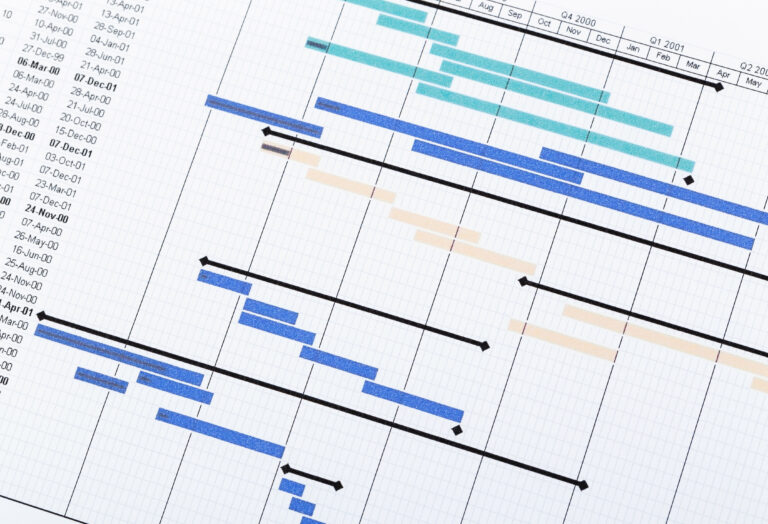-
3. Implement two-factor authentication
Two-factor authentication (2FA) adds an extra layer of security to your website login process. With 2FA, users must provide two forms of identification to log in, such as a password and a verification code sent to their phone or email.
Implementing 2FA can help prevent unauthorized access to your website, even if a hacker guesses or steals a user’s password, they’re unlikely to have access to your email or mobile.
-
4. Use HTTPS
You’ve definitely seen https:// written at the start of every URL you’ve clicked on, but why exactly is it there?
Well, HTTPS stands for Hypertext Transfer Protocol Secure. It’s there to encrypt the data sent between a website and a user’s browser. The sort of data that is sent between the two includes website cookies, HTML, CSS and JavaScript code and any form data.
Encrypting this information adds an extra layer of security for both the website and the user.
Google also prioritizes HTTPS websites in search results, so using HTTPS can help improve your SEO.
-
5. Backup your websit
Regularly backing up your website is an essential part of website security. Backups ensure that you can quickly restore your website if it’s hacked or experiences a technical issue.
Make sure you store your backups in a secure location, such as an external hard drive or cloud storage service. Also, test your backups regularly to ensure they’re working correctly.
-
6. Limit user access
Limiting user access is an important step in website security. Only give users access to the parts of your website they need to do their job. For example, you may have some users who only need access to create new content, while others may need access to the website’s backend.
Limiting user access can help prevent accidental or intentional damage, and is fewer logins and passwords for hackers to target.
-
7. Monitor your website
Monitoring your website is an important step in keeping it secure. Regularly check your website for unusual activity, such as changes to your website’s code or unexpected file uploads.
Your website team or developers should be able to do this, but there are also services available to automate this process, such as CrowdStrike and Acunetix. They can send you alerts when unusual activity is detected on your website, allowing you to take action quickly and prevent any potential security threats.
-
8. Use security plugins
Security plugins are tools that can help protect your website from hackers and other security threats. There are lots of different security plugins available for popular content management systems like WordPress.
Security plugins can help you with tasks like monitoring your website for malware, detecting and blocking brute-force attacks, and enforcing strong password policies. Look for security plugins that have good reviews and are regularly updated to ensure that they remain effective against the latest security threats.
-
9. Educate your users
Educating your users is an essential part of website security. Your website may have multiple users, such as content creators, administrators, and editors. All of these users should be aware of the risks of using weak passwords, clicking on suspicious links, and other common security threats.
Provide your users with clear guidelines on how to create strong passwords, how to avoid phishing scams, and how to report any suspicious activity they may encounter. Regularly remind your users of these guidelines to keep them top of mind.
-
10. Work with a web security expert
If you’re not confident in your ability to secure your website, consider working with a web security expert. They can perform a comprehensive audit of your site to identify its weaknesses and then implement the protocols necessary.
Security experts are not cheap though, but they may be worth it if a security breach could massively damage your business.














